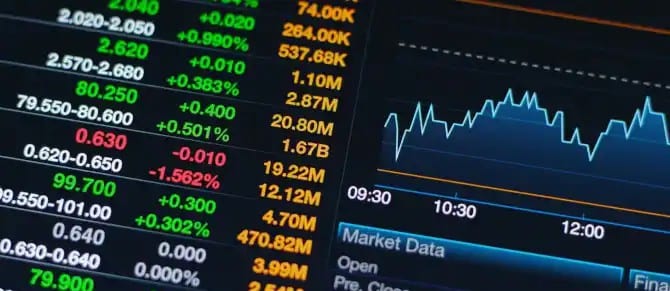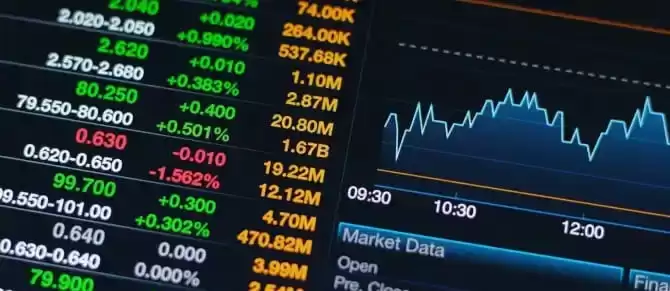

Last updated on September 11th, 2021 at 02:46 pm
The economy of Nigeria – the most populous country in Africa, with more than 200 million inhabitants – was transformed post-independence with the adoption of an International Monetary Fund (IMF) programme in 1986, which kick-started economic liberalisation.
The repeal of indigenisation decrees and exchange controls, as well as privatisation of public corporations, induced a wave of stock market listings in the 1990s. Policy initiatives such as pension reforms, consolidation of the banking sector and the creation of a debt management office produced large domestic institutional savings pools.
Despite these advancements, the Nigerian Stock Exchange (NSE) market remains small, with a market cap/GDP ratio of just 9%. Its 169 stocks are concentrated in three sectors: banking (33% of market cap), materials (32%) and consumer goods (27%). But these sectors together account for less than 10% of economic activity.
(Africabusinesscentral)
The 2025 edition of AFCON will be hosted by Morocco which serves both the high-level competition and as a catalyst…
The Christian community marks Good Friday as its deepest holiday to remember when Jesus died at Calvary. The Christian community…
Art has the potential to take the talents from any regions across the globe, and this world has witnessed one…
Thousand of users worldwide face a discontinuation of WhatsApp services on older Android versions as Meta has officially announced this…
Disaster teams in KwaZulu-Natal stand ready to respond to persistent rainfall while drivers should approach roads with care. According to…
Starlink the satellite internet company by Elon Musk is growing fast in Africa. It now works in more than 20…
This website uses cookies.